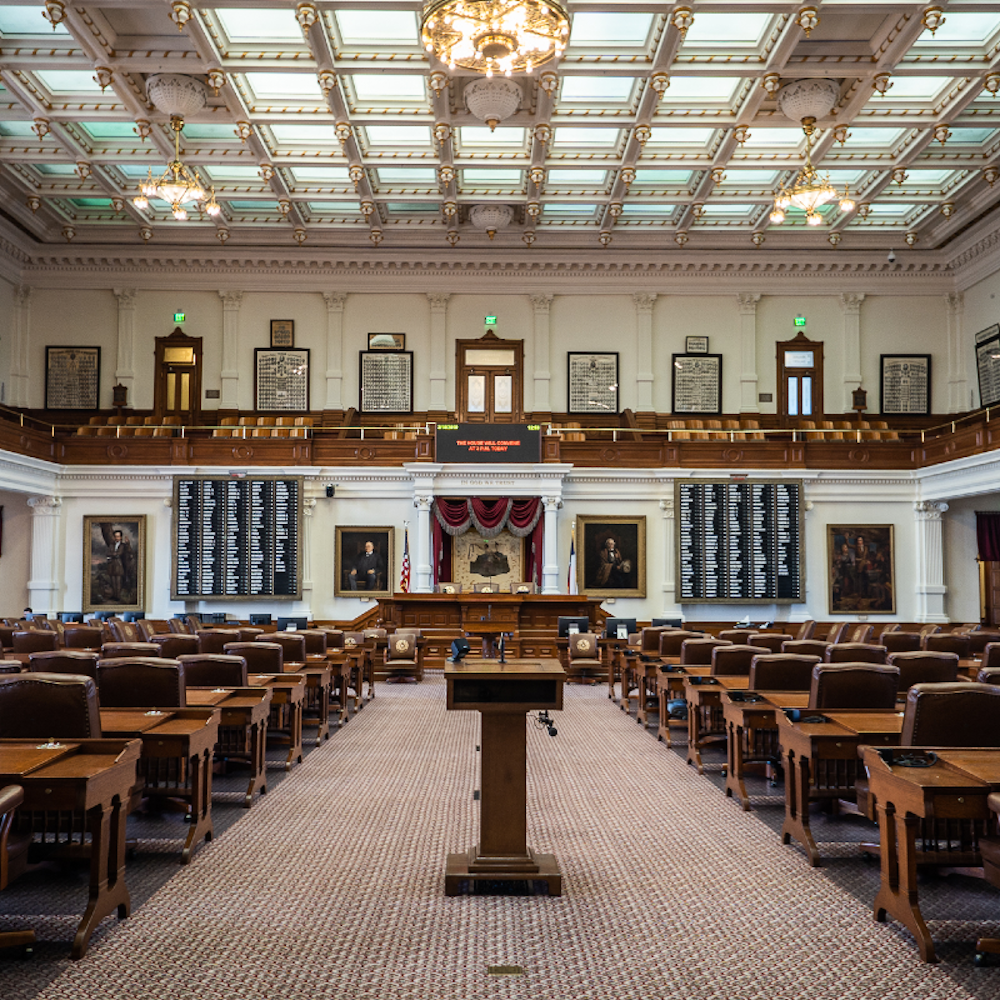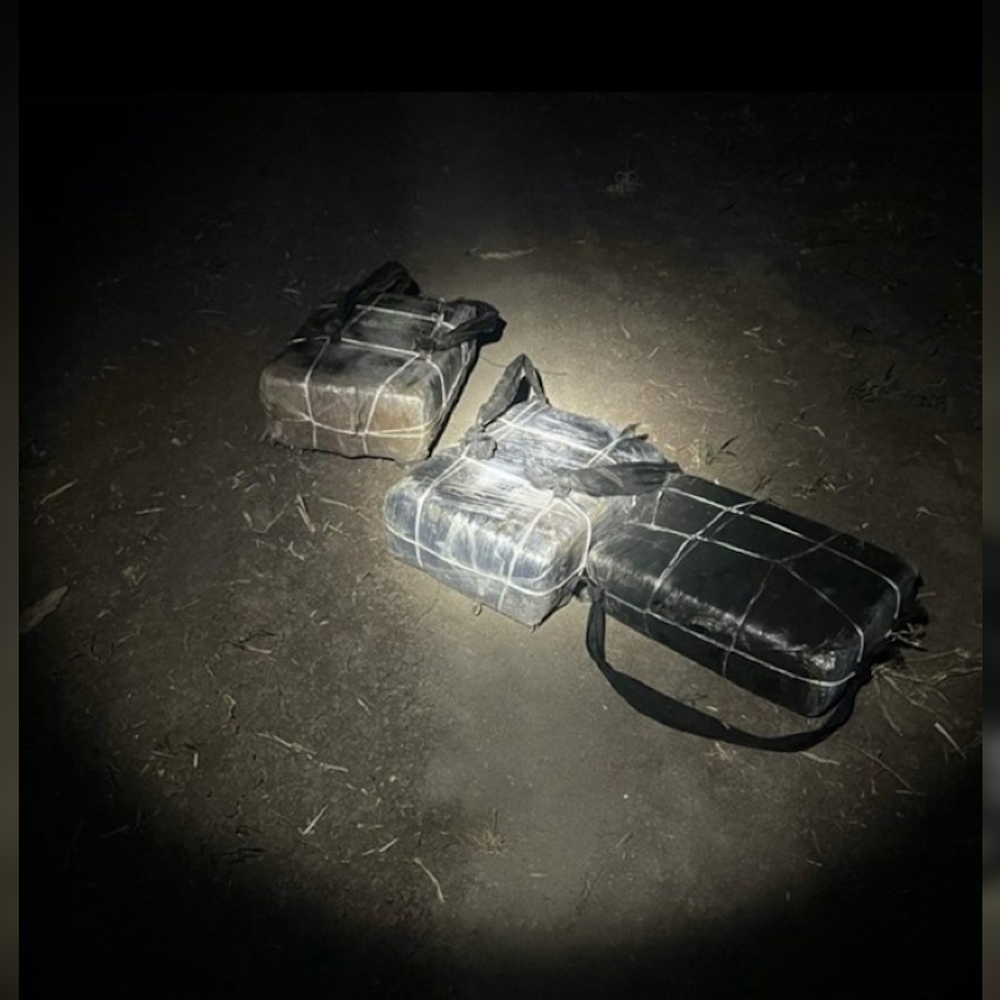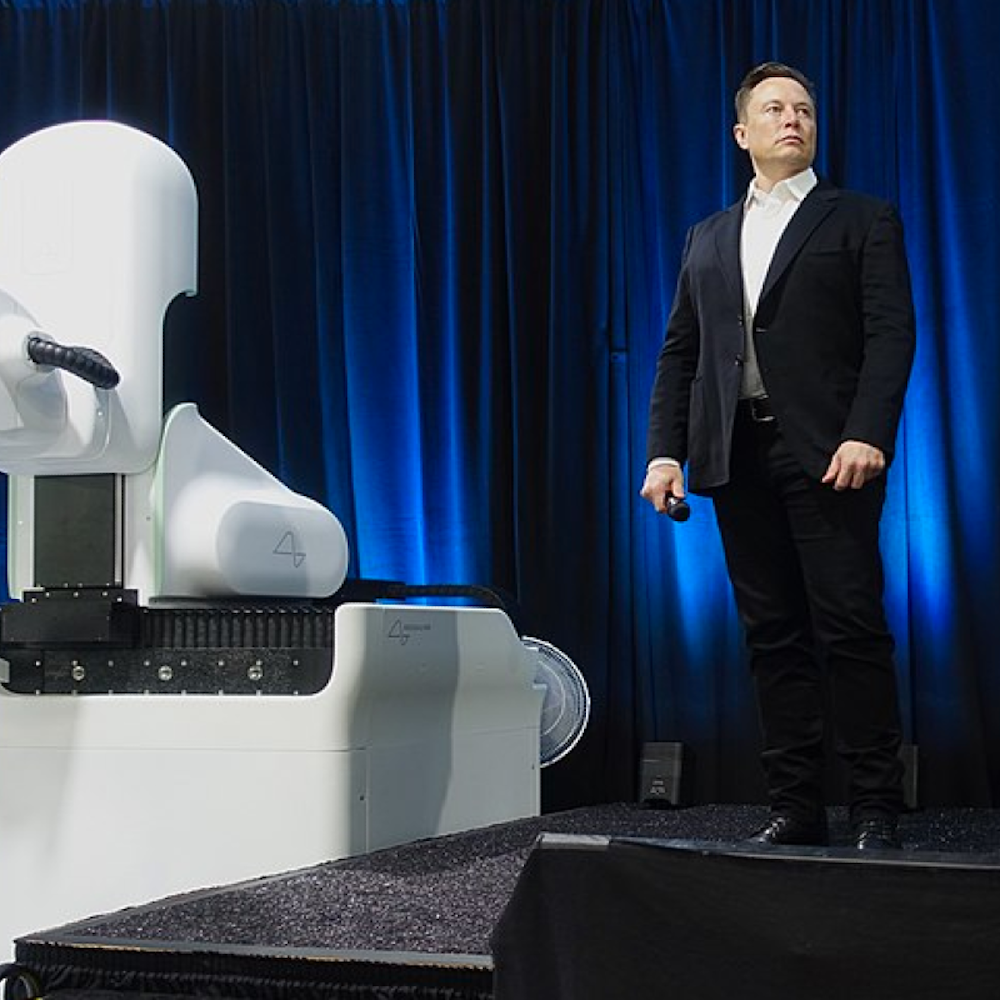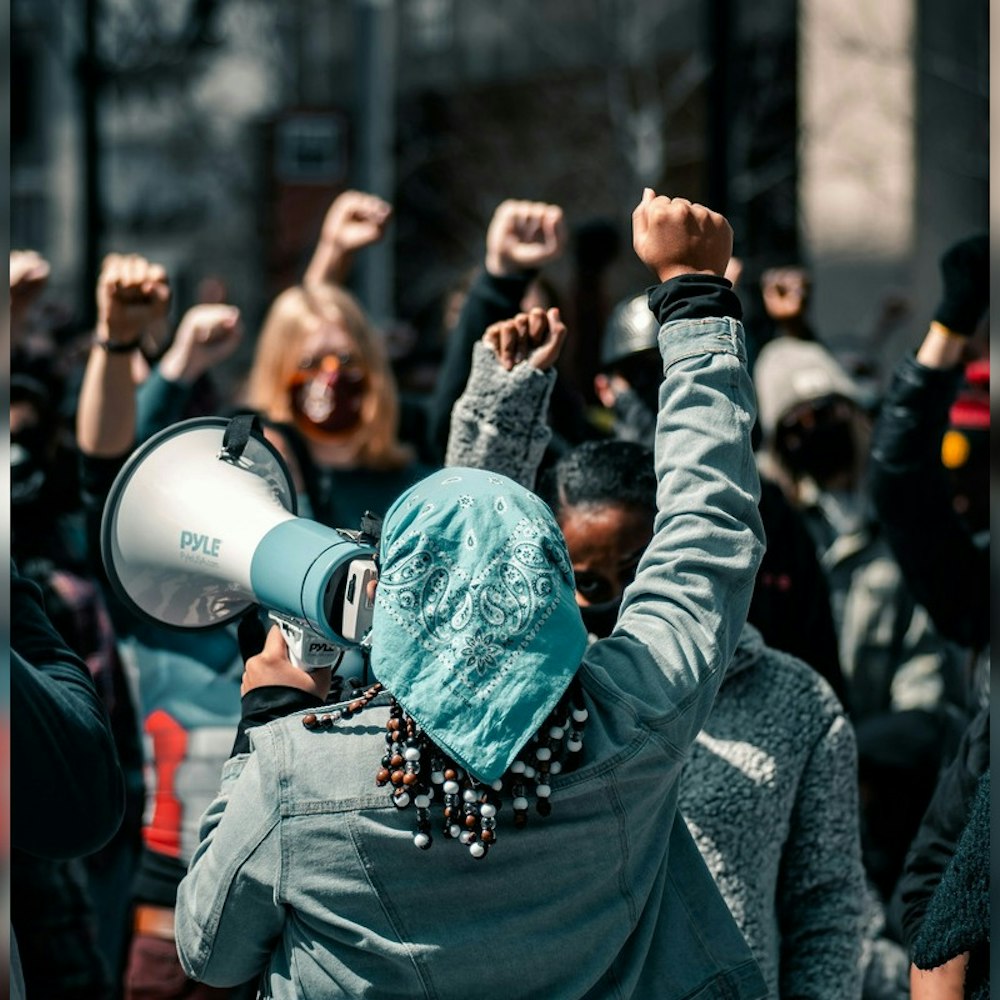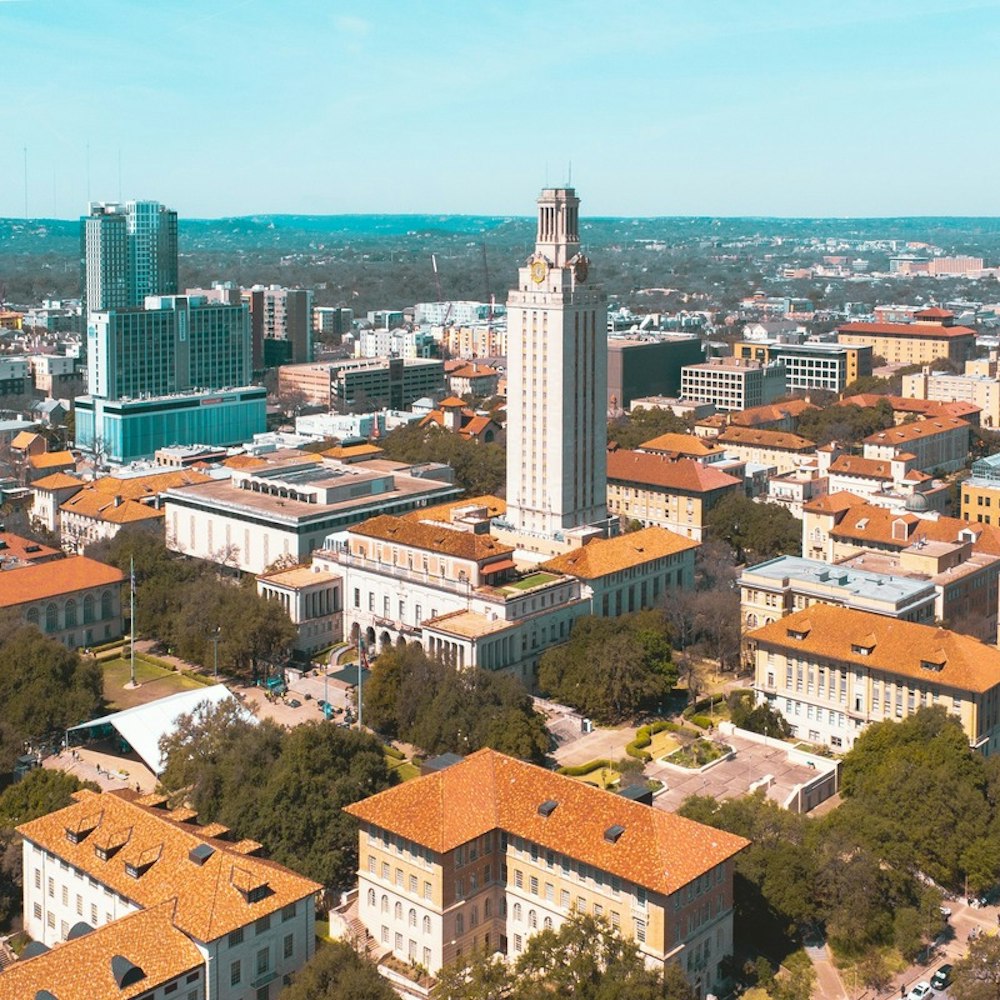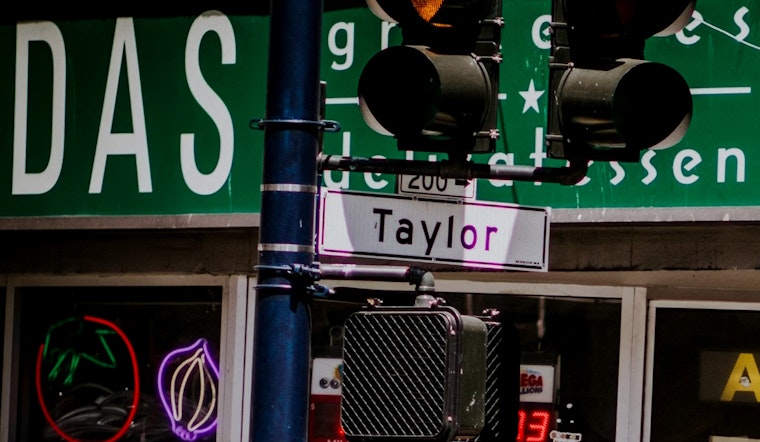
San Francisco's Tenderloin neighborhood might see fewer neon signs in the wee hours if Mayor London Breed has her way. In response to the persistent drug-related crimes plaguing the area, Mayor Breed proposed a new directive aimed at shuttering selected retail businesses after midnight. The decision comes after community collaboration and reports that spotlight the correlation between late-night shopping and drug market operations, as announced in a recent statement.
Specifically, the legislation seeks to limit the operational hours of stores vending prepackaged food or tobacco products to between 5 a.m. and midnight. Working with the Tenderloin's locals and stakeholders to combat open-air drug dealings and the associated dangers, Mayor Breed's ambitious measure is part of the wider Drug Market Agency Coordination Center (DMACC) strategy, according to a detailed plan released on the city's website. This multi-agency initiative leverages law enforcement and has recently expanded to focus on nocturnal disorder, initially targeting daytime disturbances only.
Breed stated, "Tenderloin residents, businesses, and workers deserve safe streets not just during the day, but also at night." Adding, "We are coordinating these efforts across agencies and with community so that we can make deep and lasting changes in this neighborhood." Her conviction echoes the sentiments of residents who, according to an SF government news release, find the nocturnal activities unsettling and yearn for revived security.
City Attorney David Chiu stands behind the proposed changes, asserting that most businesses contribute significantly, yet a few seem to beckon significant nighttime drug activity. Chiu said, "This legislation will give the City and residents an additional tool to break up open-air drug markets." Critics fear that these efforts may shunt issues elsewhere or inadvertently impact innocent store owners caught in the operational crosshairs.
The proposed ordinance targets a specific area bounded by O'Farrell, McAllister, Polk, and Jones Streets. Establishments breaching the new curfew would face fines of up to $1,000 per hour of violation. Ongoing violators risk legal actions from the City Attorney's office. The legislation aims to enhance local living conditions while avoiding penalizing small businesses, in a statement by the Mayor's office. Public health officials, backed by evidence and investigations conducted by the San Francisco Police Department, will issue administrative fines.
Since the inception of the DMACC efforts in May 2023, the SFPD has made a staggering number of drug-related arrests and narcotics seizures, leading to an eventual quieting of the Tenderloin's most challenged streets. SFPD Chief Bill Scott supported the legislation, praising Mayor Breed’s efforts: "This legislation will assist our hard-working officers in their work to hold drug dealers accountable and make the streets safer for everyone."
